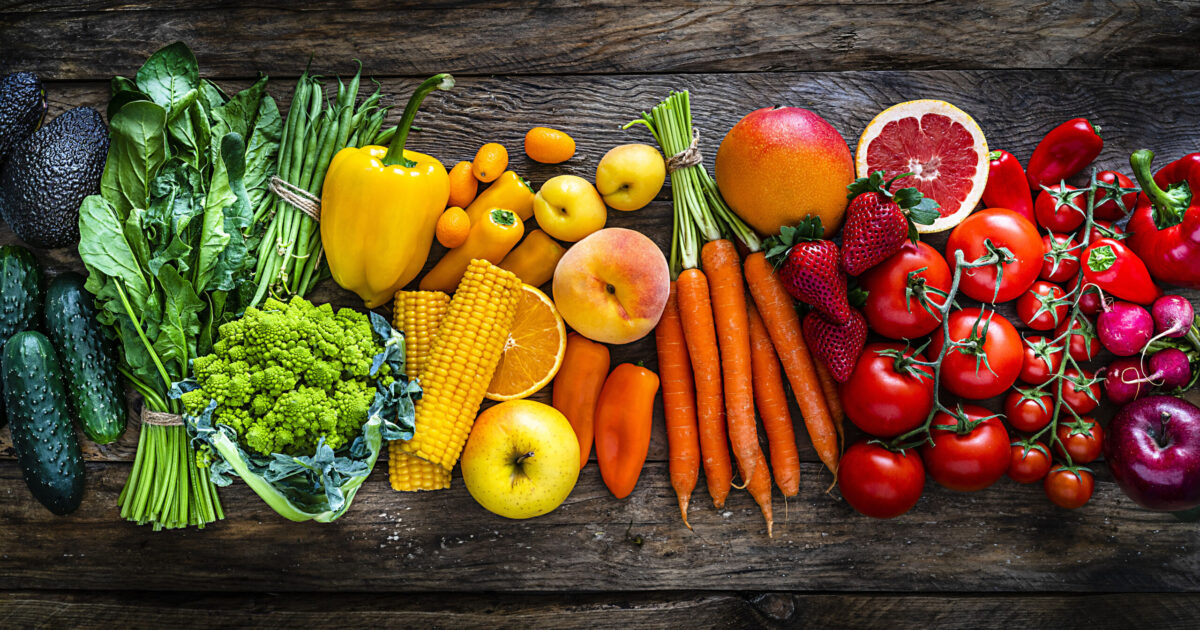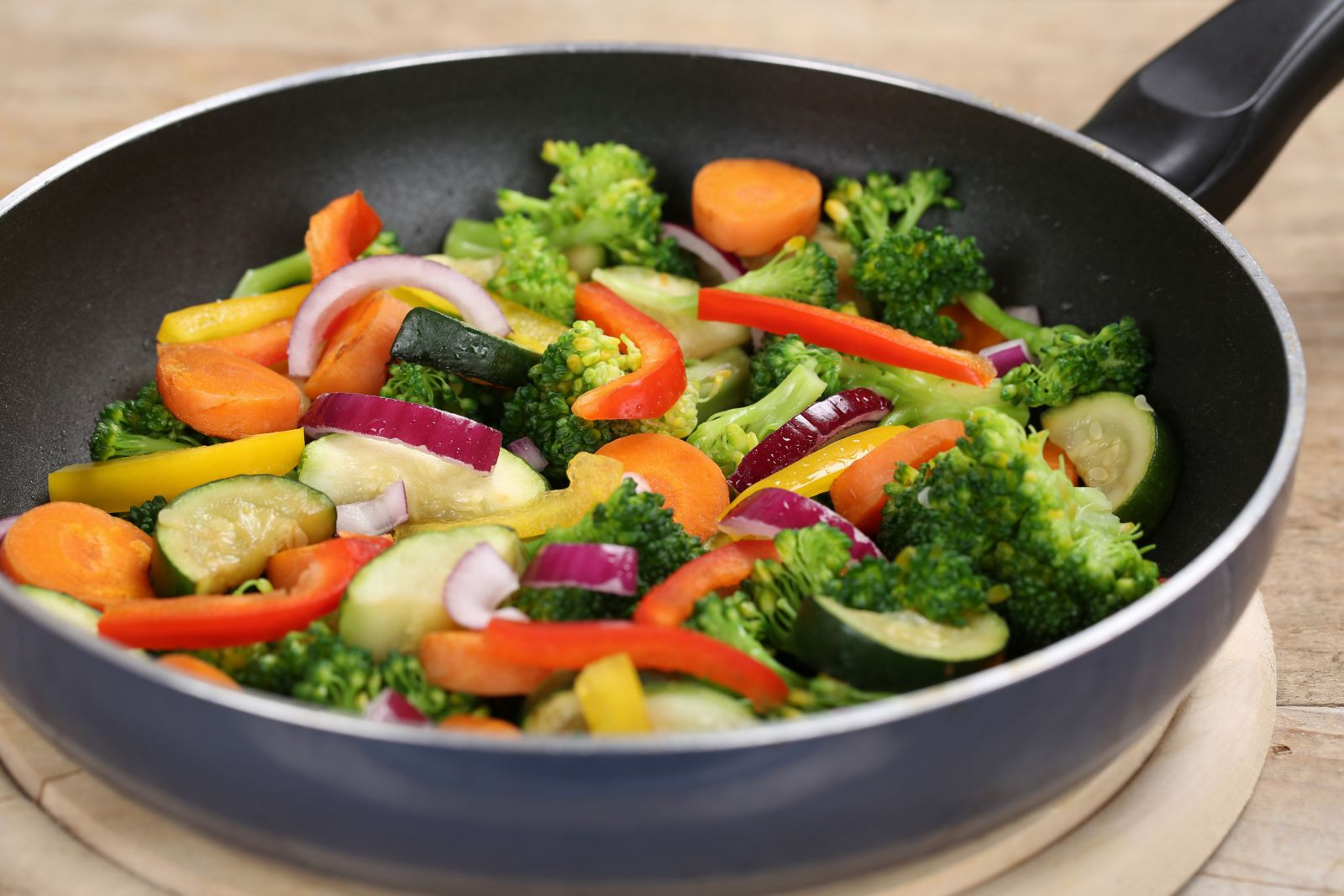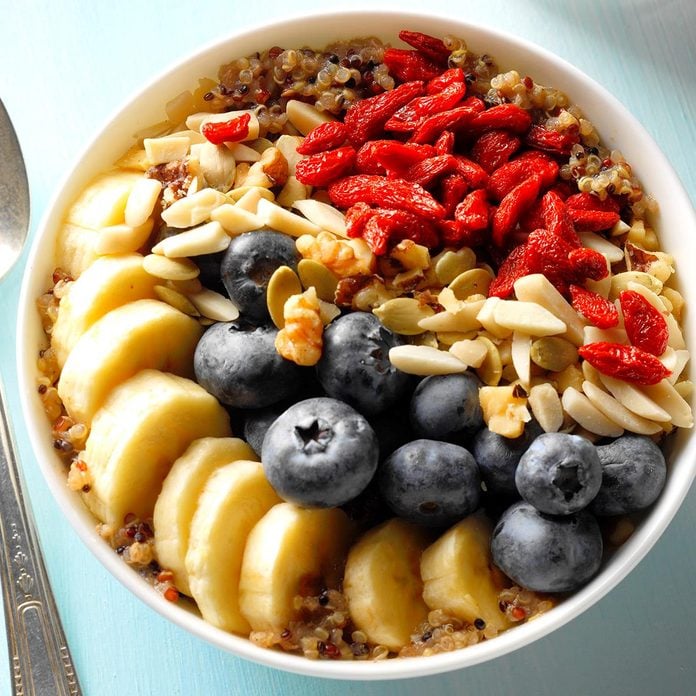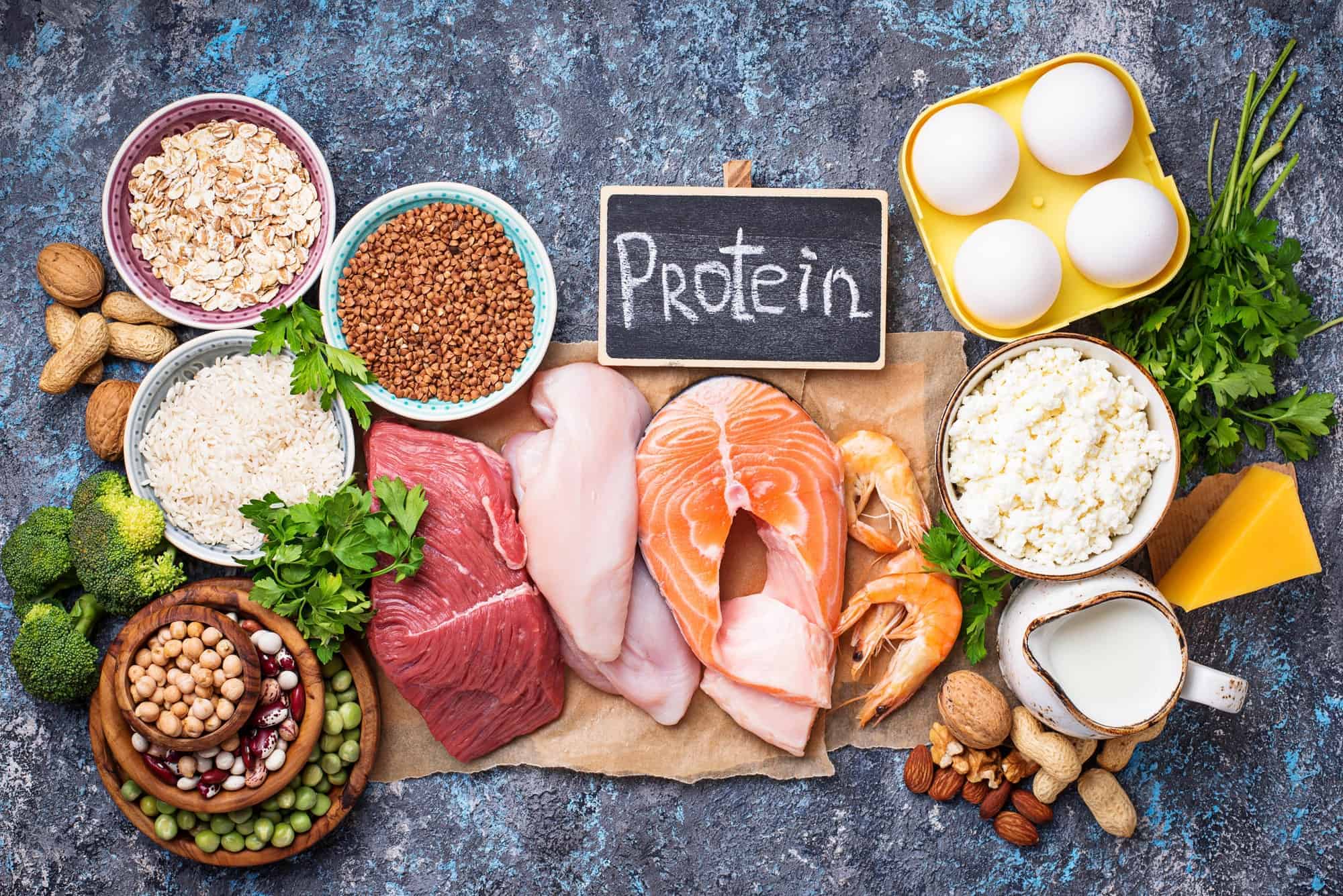Tips For Weight Loss | Weight loss | Health care
- Get link
- X
- Other Apps
10 Proven Tips For Weight Loss
Over the years, you’ve probably heard your fair share of wacky weight loss recommendations, whether it’s to drink celery juice every day or replace your meals with weight loss “cookies.” While there’s an abundance of misguided advice, there are also many legitimate, research-backed tips for people who are in the right mental health space and have weight loss as a personal goal.
We spoke with nutritionists, registered dietitians, personal trainers, and other experts to give you the most effective and practical tips for weight loss. Here are expert-approved and science-backed tips that can help you achieve and maintain a healthy weight.
1. Eat Slow
I have my clients learn how to choose foods they like, really taste each morsel going into their mouths, and chew deliberately. I advise them to chew slowly, swallow only when the food is all chewed up, and repeat. It takes time to know we're full. Eating slowly not only allows us to enjoy our food more but gives us better cues of satiety.
2. Enjoy the Food You Eat
So often we’re told what to eat, and then when we don’t like that specific food, we’re less apt to create long-term healthy habits. Try new fruits and vegetables. Find out how to prepare new dishes that provide variety and flavor. Add herbs and spices to elevate flavor. Or if you prefer, savor the sweetness of fruit and the depth of raw and steamed vegetables. There’s no reason that your relationship with food can’t be pleasurable.
3. Don’t Forget the Weights
4. Get Enough Z’s
A lack of sleep increases your hunger hormone, ghrelin, and decreases your satisfaction hormone, leptin, which can contribute to weight gain. When we are sleep derived, we crave more salty and sweet foods. Why? Because anytime you feel more intense hunger, your cravings for higher energy aka higher calorie foods intensify. We also know that the way we think and process our emotions is affected by inadequate sleep, so it’s easy to connect this with an impaired ability to make reasonable choices in many areas of life, including with food. If we flip the coin, we can safely assume that when we are well rested, our bodies work better. When it comes to eating, that would mean that we would eat when we are truly hungry and eat just until satisfied.
5. Don’t Skip Meals
6. Stay Hydrated
7. Give Your Breakfast a Protein Boost
Aim for 15 to 25 grams of protein at breakfast. Protein is digested slowly and suppresses hunger hormones, helping keep you full. Additionally, a high-protein breakfast helps curb cravings later in the day. Pair protein-rich foods with fiber and healthy fats, like two eggs with whole-wheat toast and avocado or high-protein frozen waffles with nuts, berries, and a little maple syrup.
8. Consume Protein at Every Meal
Eating protein-rich foods at every meal, especially breakfast, can help shave extra pounds. Protein slows down the digestive process and positively impacts your hunger hormones. Protein can also do better at staving off hunger than carbohydrates. Protein-rich foods include beans, seeds, nuts, eggs, yogurt, cheese, tofu, lentil pasta, poultry, fish, and meat.
9. Experiment With Fruits at Dessert Time
10. Eat a Large Breakfast and a Small Dinner
11. Get Into Meal Planning
Meal planning is one of my top tips for staying healthy and eating well. I'm such a fan of the concept that I wrote a book about it! Taking 5 to 10 minutes over the weekend to write out a menu for the week ahead will save you time, money, and unwanted calories down the road. Not sure what to make for dinner tonight? No worries, it's already on your menu plan. Menu planning is a great way to stay organized, and know what groceries you need to buy and what you already have on hand, and it will help ensure a balanced plate. Keep in mind, a night off from cooking and ordering takeout or making a frozen meal is a totally acceptable part of the menu plan. And be sure to write down the plan — you're more likely to stick to it if it's in front of you as a reminder.
12. Choose Super Snacks
It’s best to look at your snacks as mini-meals. We are snacking more than ever, so it’s best to choose snacks with benefits, like almond butter and a sliced apple or Greek yogurt topped with fruit and a high fiber cereal. It’s not easy to get everything you need in a day, so nutritionally rich snacks can help fill that gap while also making you feel more full and satisfied.
The Takeaway
As the experts have noted, there are many effective ways to lose weight. The right way for you depends on your individual goals and preferences. Remember that small changes can make a big difference. And it may take some experimentation to find out which tips work best for you.
Along with dietary changes and meal planning, it may also be helpful to identify why you are trying to make a change, to embrace setbacks, and to get support from friends or family.
Top Websites in Health and Fitness
MindBodyGreen : https://www.mindbodygreen.com
- Get link
- X
- Other Apps










Comments
Post a Comment